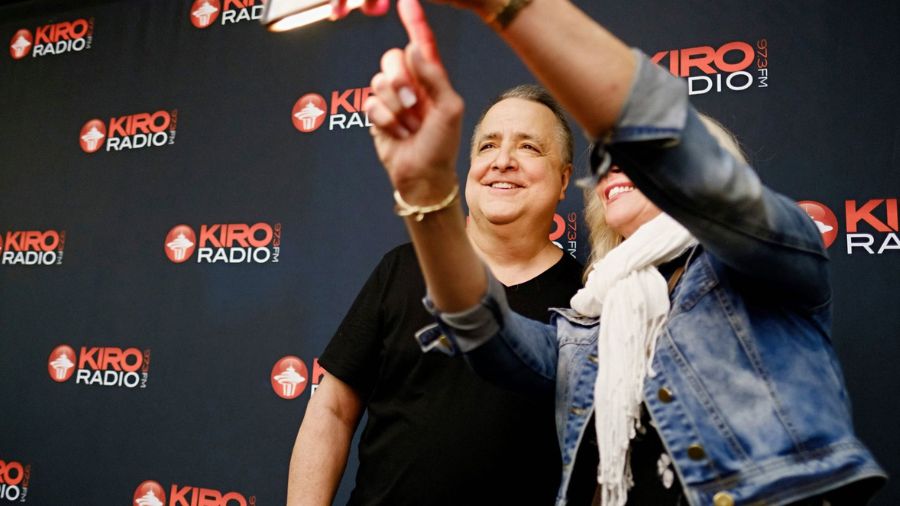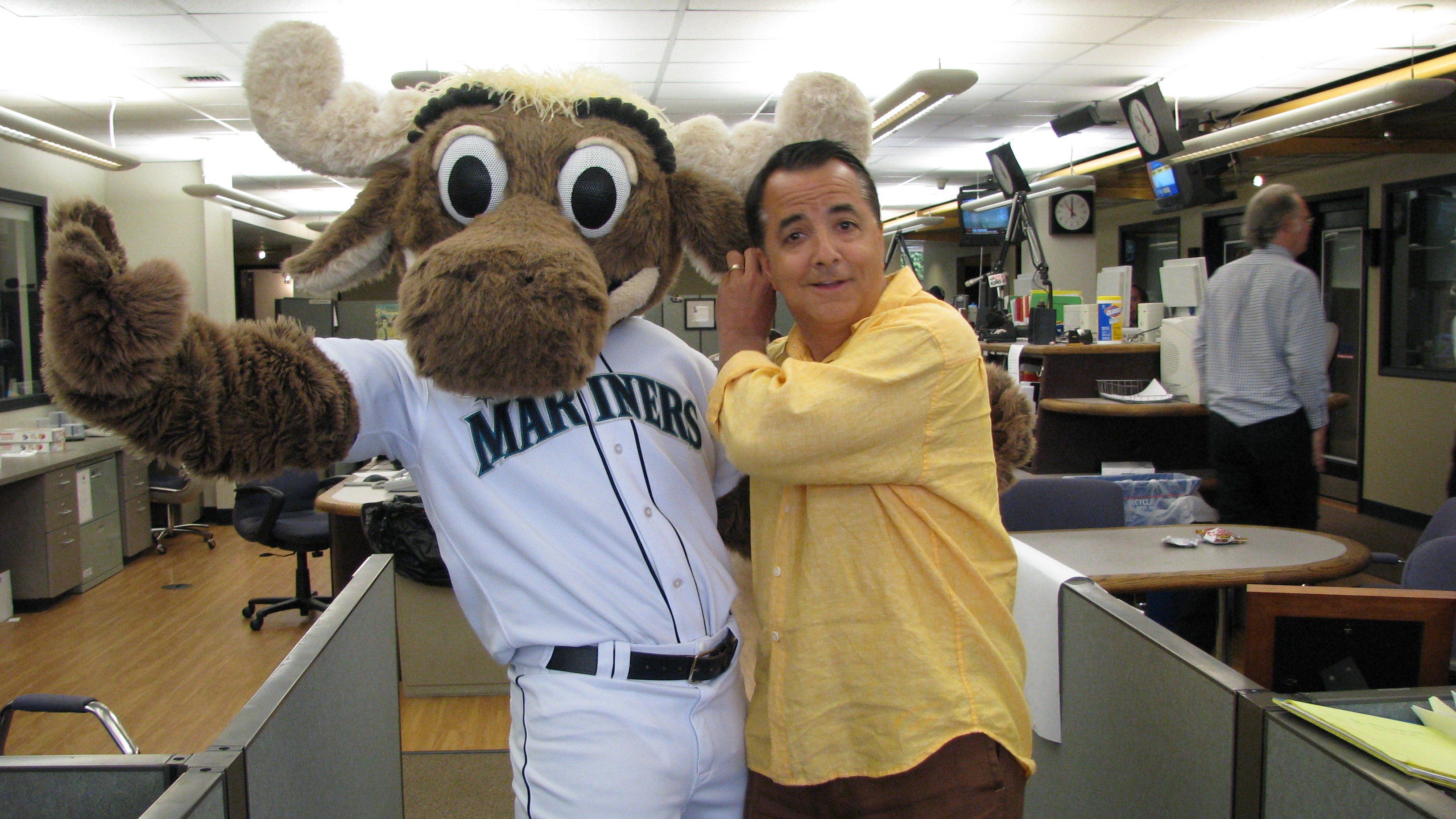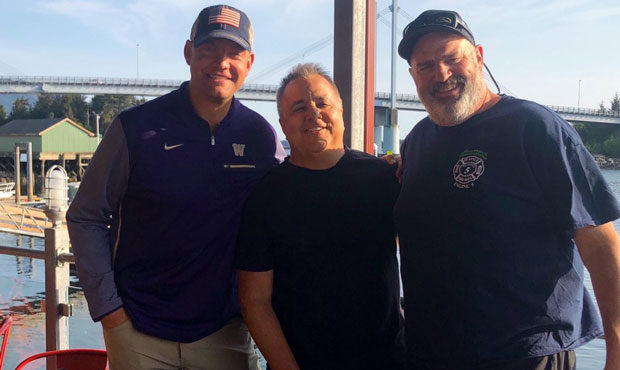Federal Way mayor: King County doing needle exchange without city’s consent
Mar 30, 2021, 5:17 AM | Updated: 11:00 am

(AP file photo)
(AP file photo)
Recently, a citizen activist named Grace contacted the Dori Monson Show claiming that she was able to go to a van in a parking lot in Federal Way, where there was supposedly a needle exchange program, and witnessed teenagers as young as 16 get needles and then shoot up in the parking lot. She also claims she was given a box of 100 needles without having to exchange any.
Federal Way mayor Jim Farrell joined the show to discuss the story and his frustration with King County’s needle exchange program.
“I saw her post on a social media platform yesterday, and she had pictures of it, and so I don’t have any personal knowledge other than what she’s reported. But it sounds accurate and sounds like what they’re doing, and really without any permission by us or even coordination with us,” he said.
“We’ve repeatedly reached out to King County with Seattle King County Public Health about this program because people like Grace have seen this van giving out needles in certain grocery store locations around Federal Way. … We’ve got numerous reports of this, and every time we reach out to Seattle King County Public Health saying, ‘Hey, what’s going on? Were you guys there?’ … They say no. And they say that they do by appointment only and go to people’s residence.”
Farrell only found out recently that they appear to offer this particular service for those without permanent residences.
“It was only last week that I found out that they go to these parking lots for people who don’t have a permanent residence. … Clearly it’s a county program, it’s not a city program. But they’re certainly not doing this with our consent or even notification,” he said.
Seattle jogger recounts attempted abduction experience in Lake City area
“Prior to this job, I was a King County prosecutor. I used to work in the first felony rotation at the King County prosecutor’s Office. I was there for 16 years. I was a city prosecutor for three years before that, working in the drug unit, prosecuting these types of crimes,” he said. “So I’m mystified that the direction we’re going in regard to this, you know, legalization.”
“Obviously, we’re dealing with the results of the state Supreme Court decision in Blake. And it’s a pretty easy fix. All they have to do is add one word, ‘knowingly,’ and the Legislature would fix the issue and we would be able to prosecute criminal possession of drugs. But we’ll see where that works itself out.”
Farrell says when homeless encampments are cleared, numerous needles are left behind, making the area unsafe.
“We don’t allow people to set up illegally on parks, rights of way, and we’ve closed well over 100 encampments, … but I can tell you when we’ve got these things going on in our community, these encampments, what we see is thousands of needles, and when these encampments are vacated — and they go from site to site to site — what is left is a toxic dump — and a dangerous one — with the sharp injection devices,” he said.
“So to give somebody on the street — without any kind of knowledge about what their background is — 100 needles does a great disservice to this community.”
Listen to the Dori Monson Show weekday afternoons from noon – 3 p.m. on KIRO Radio, 97.3 FM. Subscribe to the podcast here.













